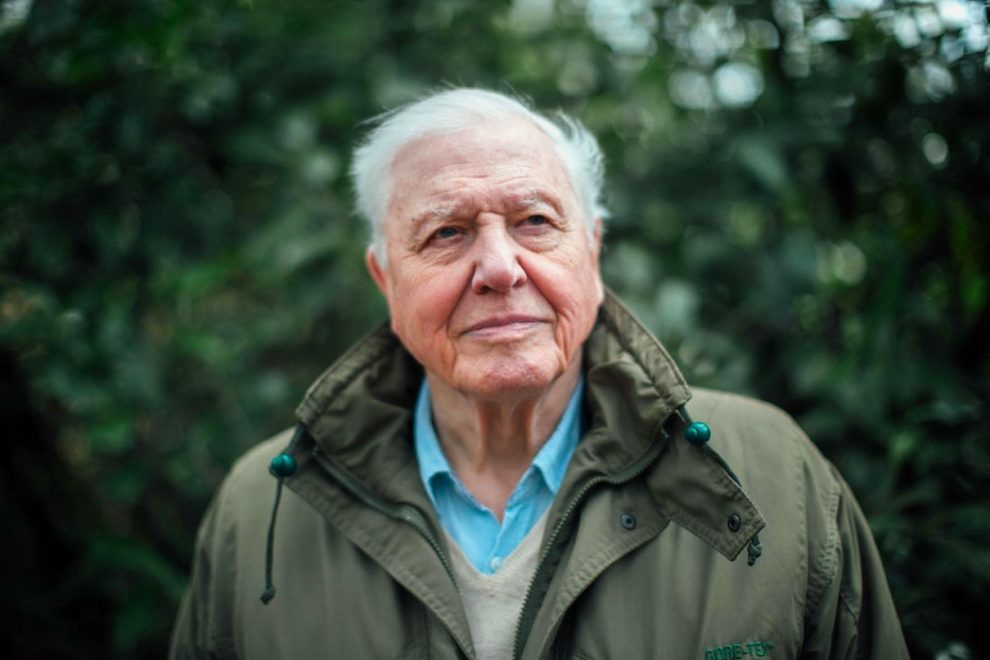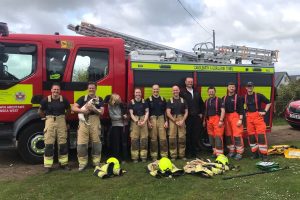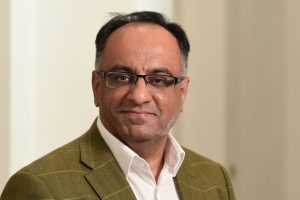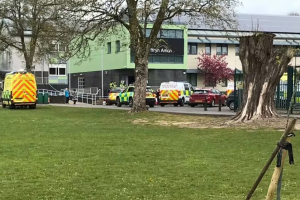According to Sir David Attenborough, there has never been a more crucial time to invest in the local wildlife.
In the British Isles it can be just as “dramatic and stunning” as any other. The 96-year-old casts a light on local natural heritage for the first time after travelling the world to film environmental documentaries. Since 1970, almost half of the animal species in Britain have decreased.
Sir David makes the statement while filming on location at a puffin colony on Skomer Island off the west coast of Wales. “While rich in areas, Britain as a whole is one of the most environmentally impoverished countries in the world,” he adds.
The TV host and naturalist is well recognised for his acclaimed nature programmes like Blue Planet, which are credited with motivating people to take action against issues like plastic waste.
He has acknowledged that working on foreign natural history programmes for so long rather than concentrating on the wildlife right outside his door is one of his regrets.
Sir David is currently starring in a five-part series that attempts to highlight the issues affecting wildlife in the British Isles and warn viewers about the endangered species just outside their door.
Because of his unique viewpoint on how the British countryside has changed over the course of his nearly 100-year life, the show’s creators said that Sir David had consented to narrate Wild Isles from the beginning and had subsequently been asked about presenting it.
The first historic Attenborough series on the environmental history of Britain and Ireland, titled Wild Isles, will debut on Sunday, 11. The five-part documentary, which was filmed over the period of three years, aims to highlight local ecology and shed attention on issues impacting the British Isles.
However, the show’s producer claims that due to the physically demanding nature of the filming locations, including the island of Skomer off the coast of Wales, plans had to be adjusted at the last minute to prevent endangering the 96 year old’s health and had local advise about the birds in particular.
“The shearwaters are not great at taking off, so what the warden on the island said is, ‘If you sit David close to the burrows, they will almost certainly climb up his arm on to his head and take off from his head’,” Alastair Fothergill told the Radio Times. “We thought, ‘Wow, that could be TV gold’. That was the plan.”
Yet it soon became clear that Attenborough might have been genuinely in danger. Two weeks before filming was scheduled to begin, news broke that avian flu had struck the nearby island of Grassholm, raising the possibility that it might also be present on Skomer.
“I have an old friend who’s an expert on infectious diseases and I rang him up for his opinion,” Fothergill added. “He said, ‘Well, bird flu is actually extremely hard to catch, but if he gets it he will die.”
According to a report from last month, if evidence of the transfer of the avian flu from one person to another emerges, British health officials are formulating plans to use lateral flow testing.
The UK Health Security Agency is developing blood tests to look for virus-specific antibodies, and experts will examine the genetic alterations of the illness to learn more about the increasing danger of bird flu to human health.
According to a story from last month, British health officials are developing plans to utilise lateral flow testing if proof of the transmission of the avian flu from one person to another arises.
As the threat of bird flu to human health grows, the UK Health Security Agency is developing blood tests to check for virus-specific antibodies. Also, specialists will look at the genetic changes caused by the sickness.
Although his family and insiders have said he is not retiring, he is understood to have stopped travelling internationally.
Speaking to the Observer, Fothergill said Attenborough agreed to narrate Wild Isles from the start and was later approached about presenting it. “We felt he had a unique perspective because of his age, on how the British countryside has changed in his lifetime,” he said.
Dr Philip Wheeler, Scientific advisor of the Open University, Continues on saying he hoped the shows would now create public awareness of nature loss close to home.
At the UN nature summit in 2016, approximately 200 nations committed to protecting 30% of lands and seas for wildlife by 2030.
“I think it can make a lot of difference in terms of shifting the conversation and the narrative,” Dr Wheeler had said.
“It’s not just the nature nerds and the conservation community talking – this conversation spills out into the wider public and into the political arena as well.”
The series was co-produced and co-funded by two conservation charities, WWF and RSPB, and the Open University.
A BBC spokesperson said: “The series producers made their own editorial decisions on what to include in the final programme and editorial control for the series rests with the BBC.”
Wild Isles is broadcast on BBC One on Sunday.



















